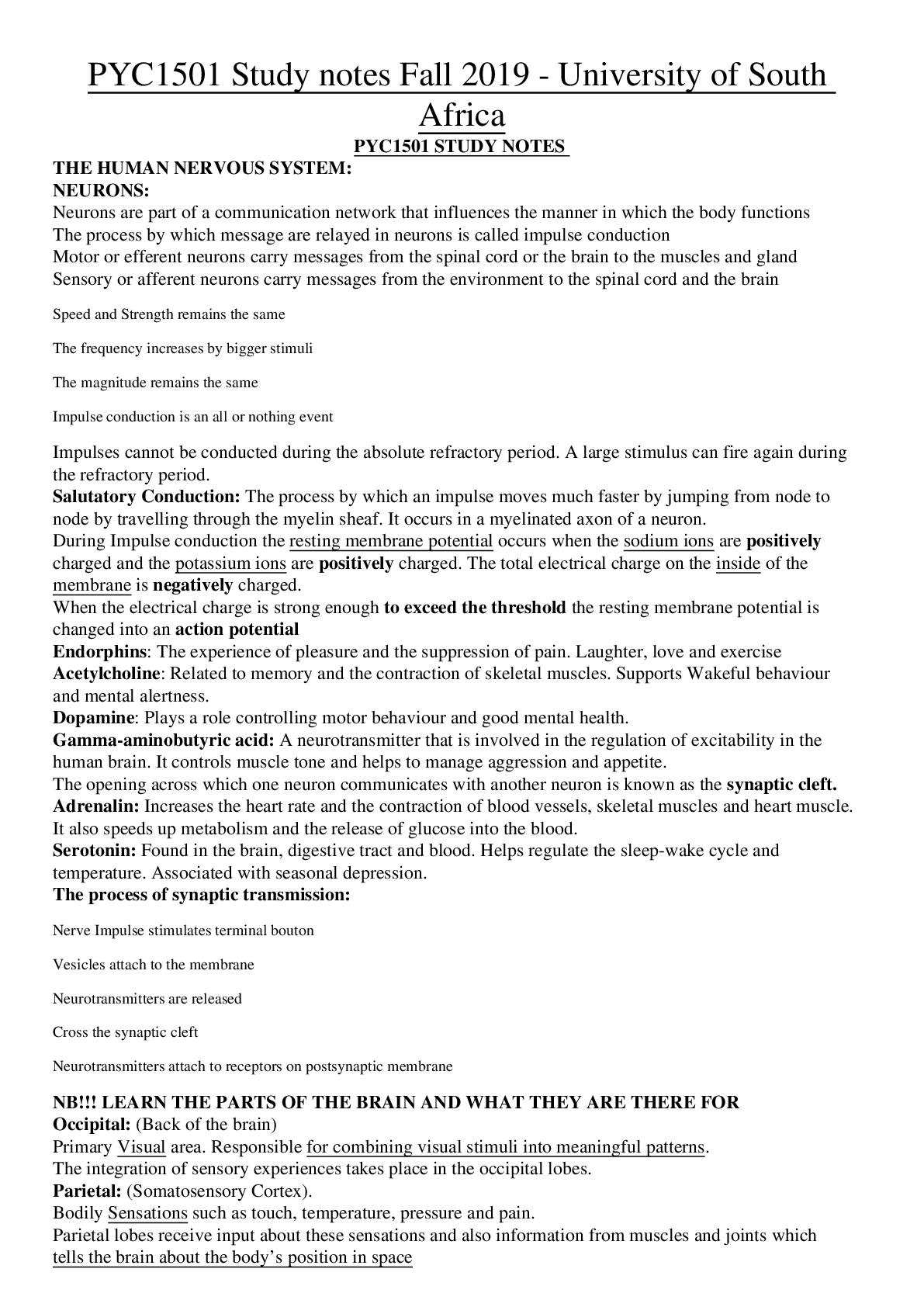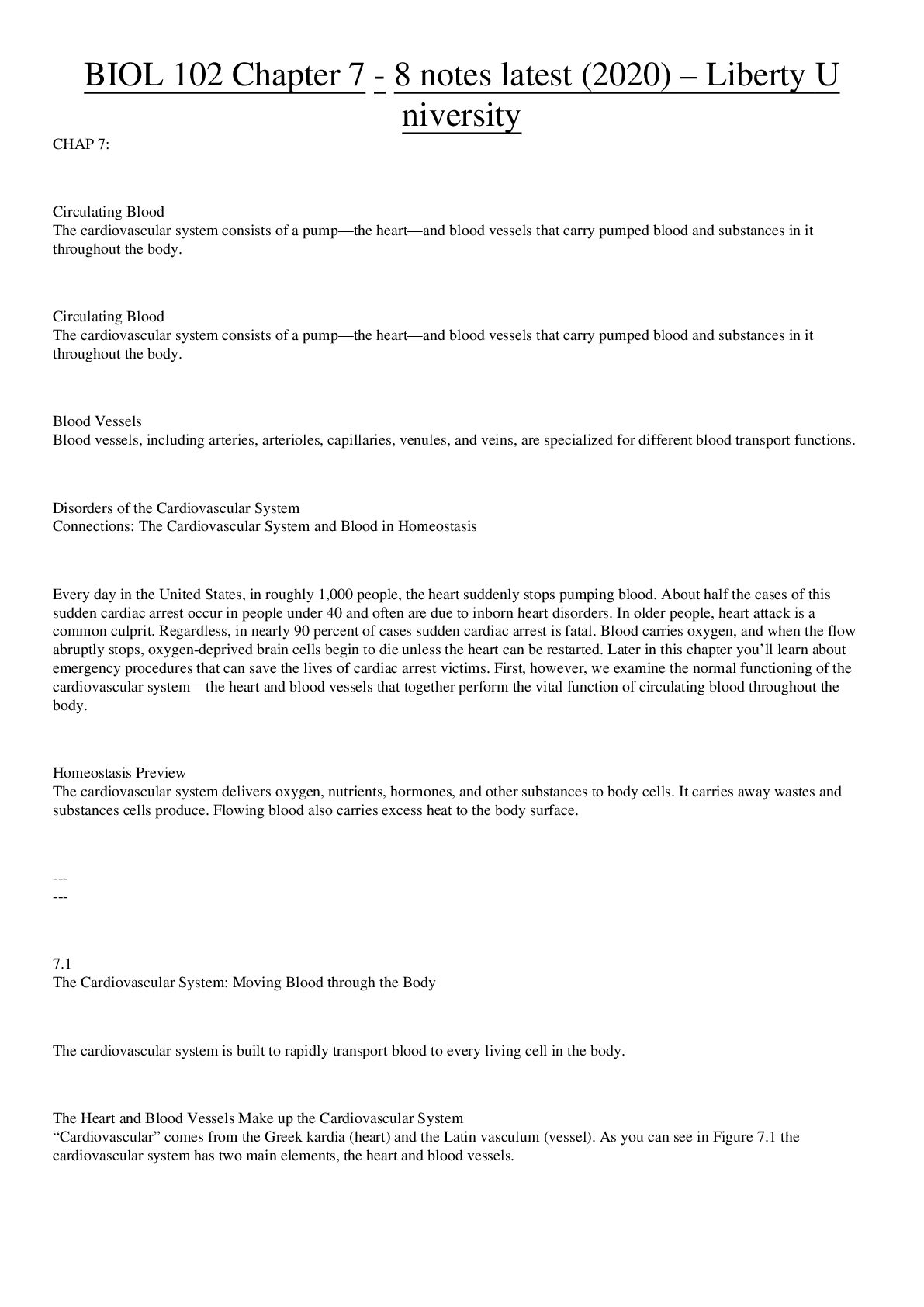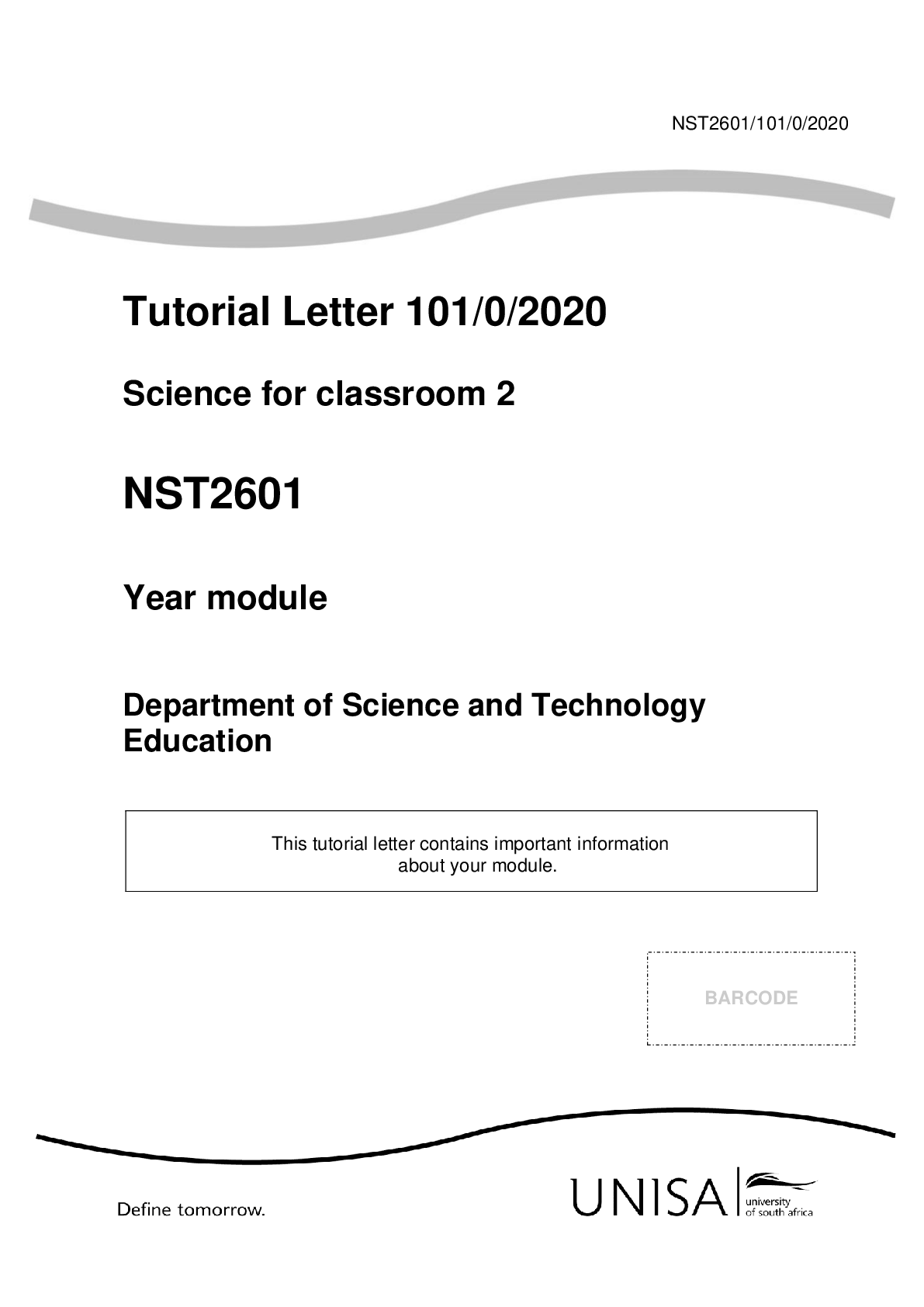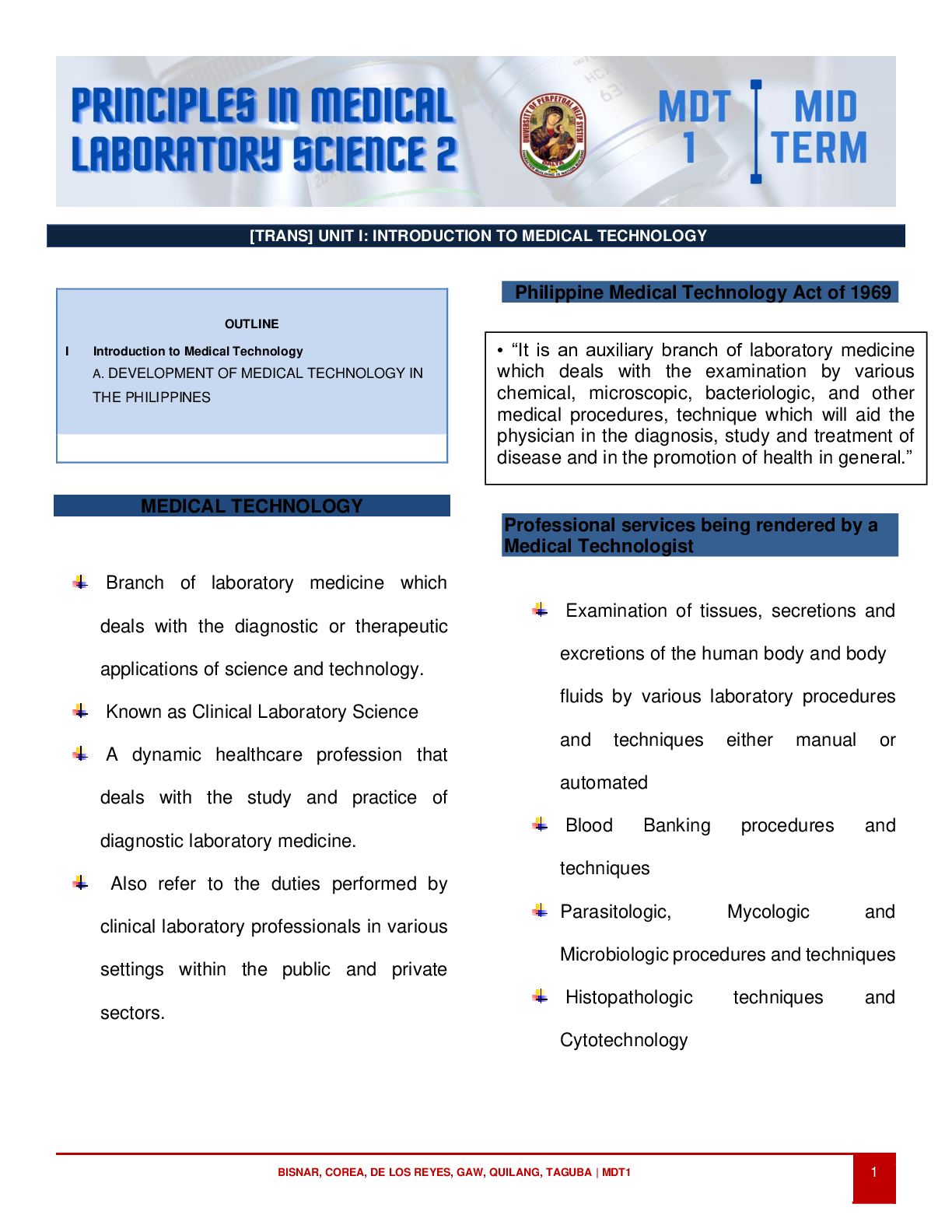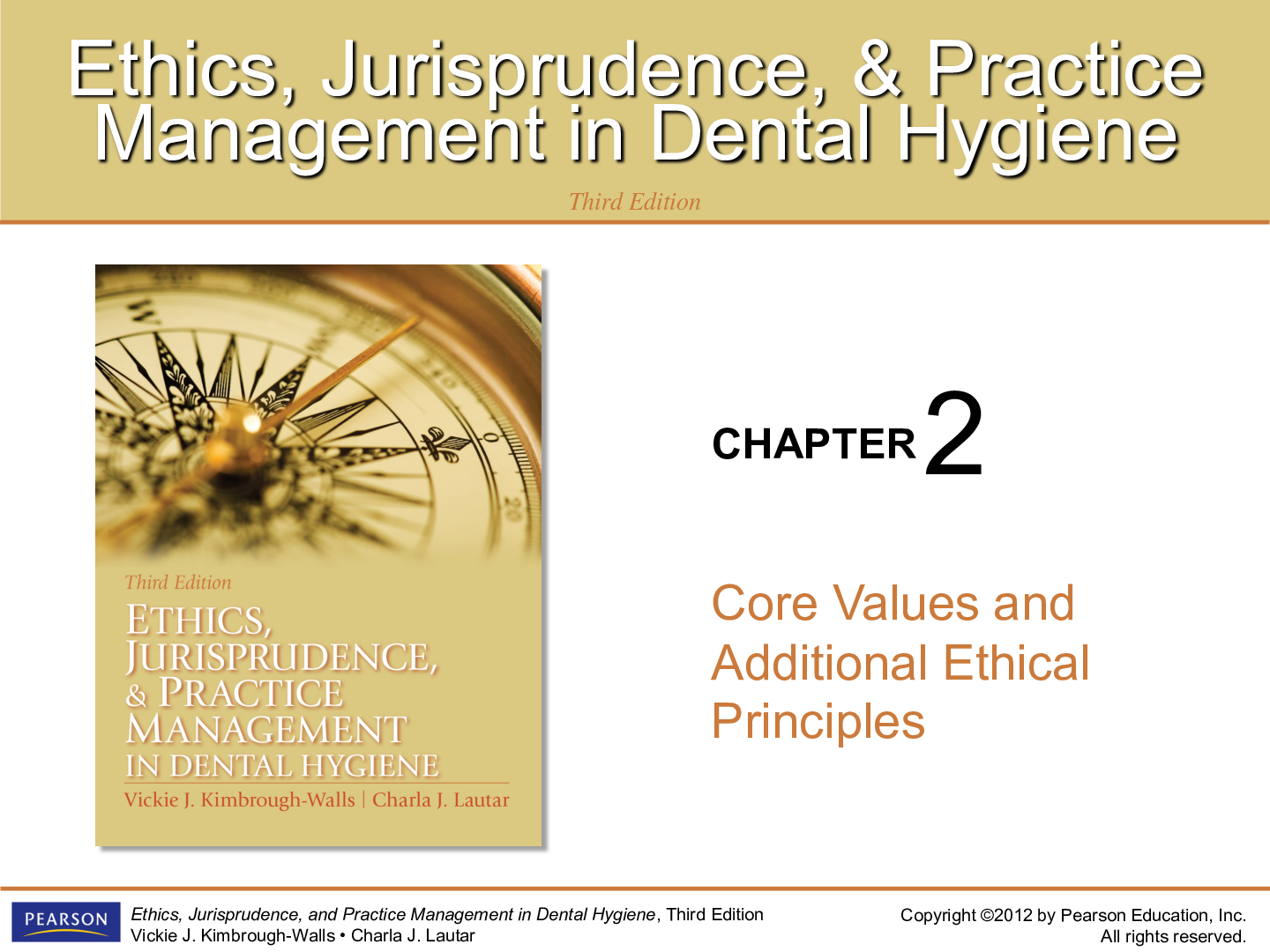*NURSING > LECTURE NOTES > PYCL 512 Syllabus_Campus W22. (All)
PYCL 512 Syllabus_Campus W22.
Document Content and Description Below
This course covers how developmental maturation and social learning impacts individuals across the lifespan. Theory and research in social development and learning are covered in topics for mental he... alth and school counselors. V. Learning Outcomes Course Objectives: Upon completion of this course, students will be able to: 1. Understand theories of individual and family development across the lifespan. 2. Understand theories of learning. 3. Understand theories of normal and abnormal personality development. 4. Understand theories and etiology of addictions and addictive behaviors. 5. Understand individual, biological, neurological, physiological, systemic, spiritual, and environmental factors that affect human development, functioning, and behavior. 6. Understand the neurobiological and medical foundation and etiology of addiction and cooccurring disorders. 7. Understand effects of crisis, disasters, and other trauma-causing events on diverse individuals across the lifespan. 8. Understand "a general framework for understanding differing abilities and strategies for differentiated interventions.” 9. Understand "ethical and culturally relevant strategies for promoting resilience and optimum development and wellness across the lifespan.” Relevant Accreditation Standards Met: Course Objective CACREP Standard* Assignment/Content 1. 2. F. 3. a. KPI Assignment Biographical Human Development Paper 2. 2. F. 3. b. KPI Assignment Biographical Human Development Paper 3. 2. F. 3. c. KPI Assignment Biographical Human Development Paper 4. 2. F. 3. d. KPI Assignment Biographical Human Development Paper 5. 2. F. 3. e., 2. F. 3. f. KPI Assignment Biographical Human Development Paper 6. CMHC 5. C. 1. d. KPI Assignment Biographical Human Development Paper 7. 2. F. 3. g. KPI Assignment Biographical Human Development Paper 8. 2. F. 3. h. KPI Assignment Biographical Human Development Paper 9. 2. F. 3. i. KPI Assignment Biographical Human Development Paper * Clinical Mental Health Counseling Concentration only MCAP: Certified Master’s Level Addiction Professional applicants must complete and document to the Florida Certification Board (FCB) that they have a minimum of 350 hours of content specific training, with minimum hour requirements for each content specific domain. This course will provide a total of 45 hours in the following domains: • MCAP Domain 3 - Counseling: 5 hours • MCAP Domain 5 - Client, Family and Community Education: 30 hours • MCAP Domain 10 - Application to Practice/Professional Readiness: 10 hours Key Performance Indicator (KPI) Faculty systematically assesses each student’s progress by examining a combination of knowledge and skills. Key performance indicators are course tasks, activities, or assignments selected by faculty to assess 2 student learning in core content areas of the counseling curriculum. Key performance indicators are measured multiple times and at different points in time during the student’s master’s program. This course has been identified as fulfilling one of the eight core content areas of the counseling curriculum, Human Growth and Development. The following content area objectives are addressed within this course via the designated Key Performance Indicator task described below. 1. Understand theories of individual and family development across the lifespan. 2. Understand theories of learning. 3. Understand theories of normal and abnormal personality development. 4. Understand theories and etiology of addictions and addictive behaviors. 5. Understand individual, biological, neurological, physiological, systemic, spiritual, and environmental factors that affect human development, functioning, and behavior. 6. Understand the neurobiological and medical foundation and etiology of addiction and cooccurring disorders. 7. Understand effects of crisis, disasters, and other trauma-causing events on diverse individuals across the lifespan. 8. Understand “a general framework for understanding differing abilities and strategies for differentiated interventions.” 9. Understand “ethical and culturally relevant strategies for promoting resilience and optimum development and wellness across the lifespan.” Relevant Accreditation Standards Met by KPI: Course Objective CACREP Standard* 1. 2. F. 3. a.. 2. 2. F. 3. b. 3. 2. F. 3. c. 4. 2. F. 3. d. 5. 2. F. 3. e., 2. F. 3. f. 6. CMHC 5. C 1. d. 7. 2. F. 3. g. 8. 2. F. 3. h. 9. 2. F. 3. i. * Clinical Mental Health Counseling Concentration only Students will demonstrate competency via successful completion of the following key performance indicator required task: Key Performance Indicator Assignment: Biographical Human Development Paper VI. Material and Resources Required Text: Wong, D. W., Hall, K. R., & Hernandez, L. W. (2020). Counseling individuals through the lifespan. Sage. Second Edition Recommend Text: 3 Ivey, A. E., Ivey, M. B., Myers, J. E., & Sweeney, T. J. (2005). Developmental counseling and therapy: Promoting wellness over the lifespan. Wadsworth. American Psychological Association. (2019). Publication manual of the American Psychological Association (7th ed.). Author. Additional Required Readings: *Additional Journal articles will be added into the module sections on Canvas (see course schedule) Required Course Resources: (located at https://sharklink.nova.edu): 1. NSU Email Account 2. Canvas Course Management System Access VII. Course Schedule and Topic Outline Calendar of Topics/Assignments Week and Date Reading Assignment Topics & Activities Assignments Due CACREP Standards January 3 rd Must thoroughly READ Syllabus and REVIEW ALL assignments and due dates Read: Chapter 1: Basics of Human Growth and Development (Wong et al., 2020) Module 1 • Course Overview, Syllabus Review, and Orientation • Introductions • Reflect on your Individual Development Across the Lifespan • Family Development Across the Lifespan Post any general course questions to the Class Discussion Board 2. F. 3. a. 2. F. 3. b. January 10th Read: Chapter 2: Theories of Human Development (Wong et al., 2020) Module 2 • Theories of Learning Post Discussion Board #1 Discussion and peer posting response due by Thursday/Sunday deadlines 2. F. 3. b. January 17th MLK Day No Class January 24th Read: Chapter 3: Conception, Prenatal Development (Wong et al., 2020) Module 3 • Biological, Neurological, and Physiological Factors • Systemic and Environm [Show More]
Last updated: 1 year ago
Preview 1 out of 22 pages
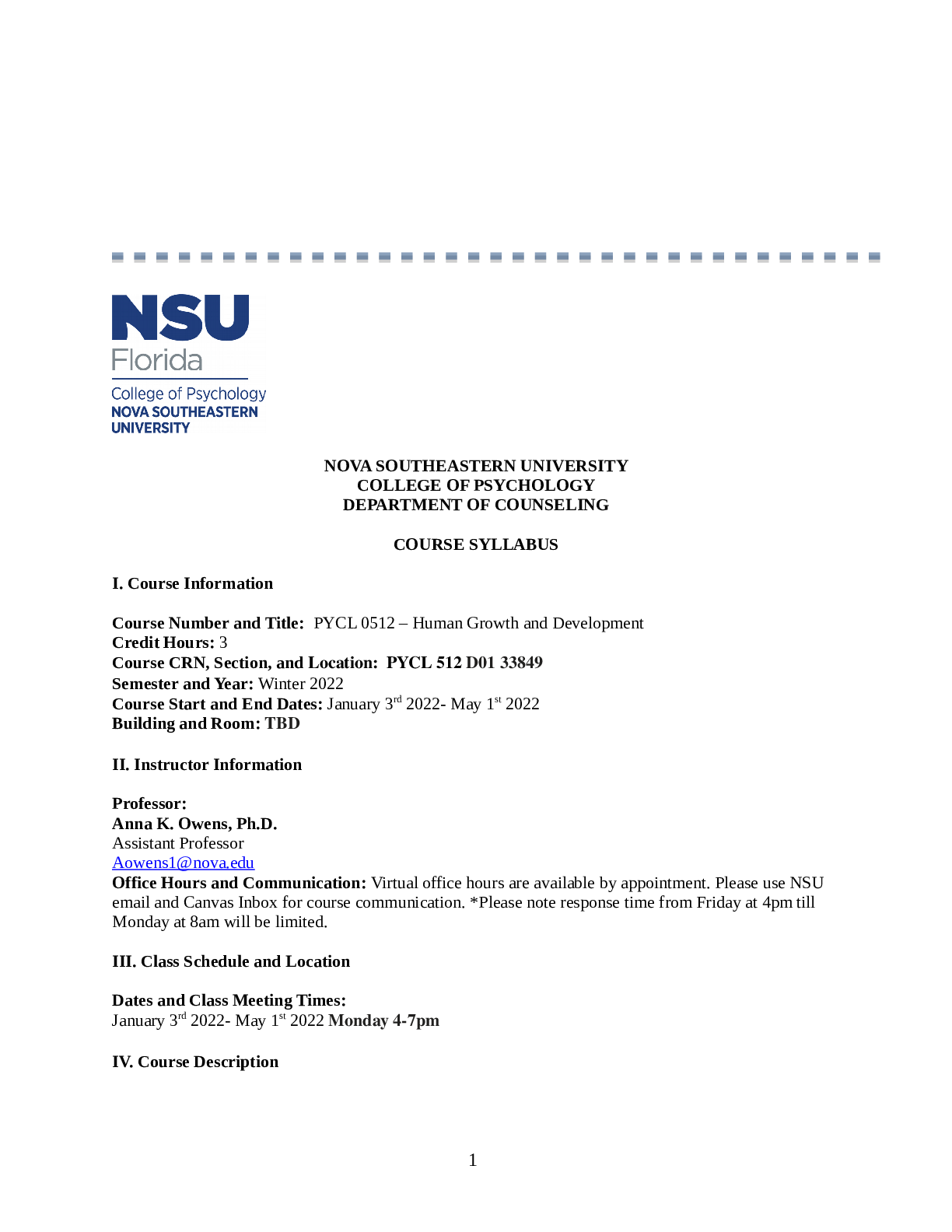
Reviews( 0 )
Document information
Connected school, study & course
About the document
Uploaded On
Aug 22, 2022
Number of pages
22
Written in
Additional information
This document has been written for:
Uploaded
Aug 22, 2022
Downloads
0
Views
46

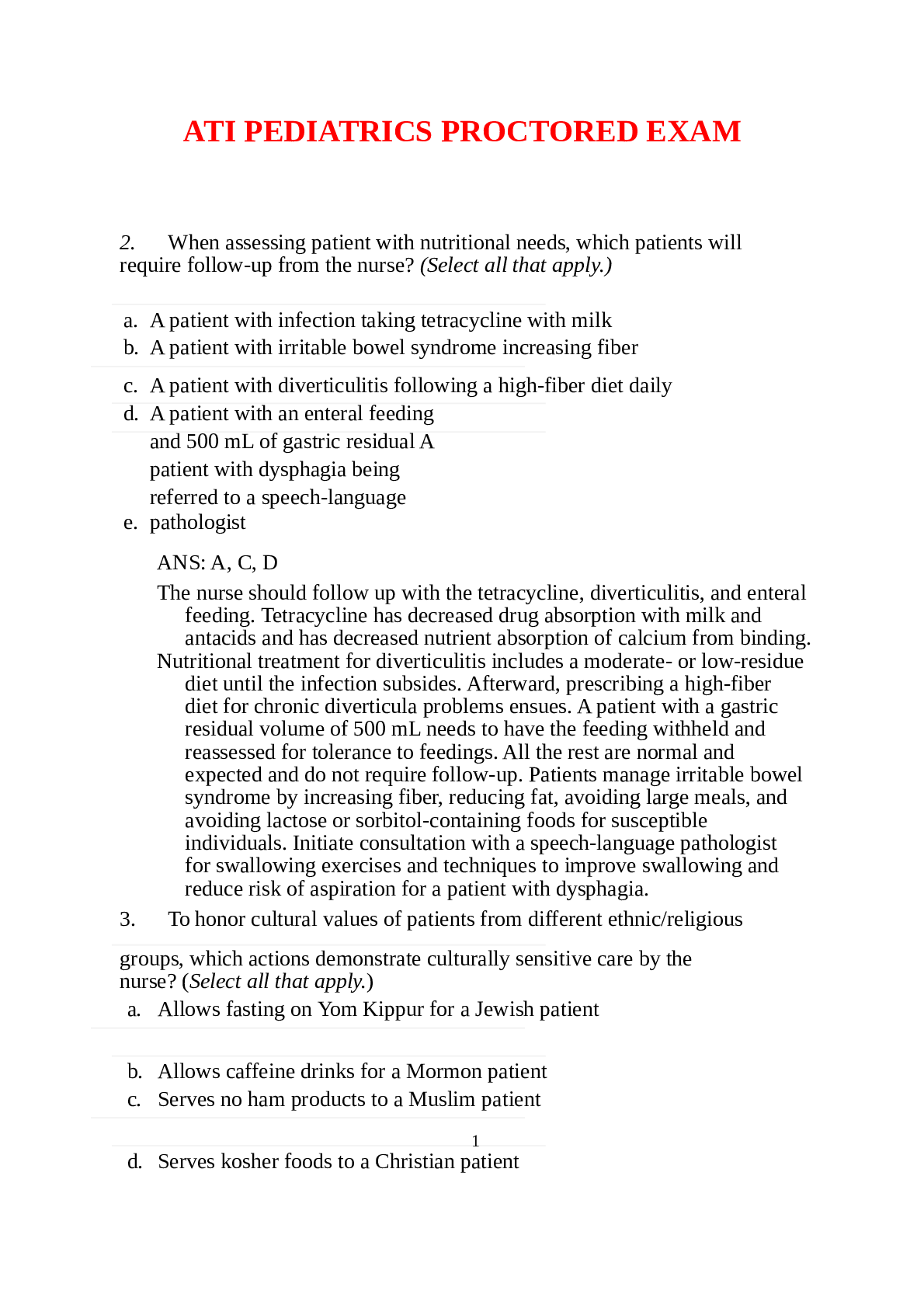

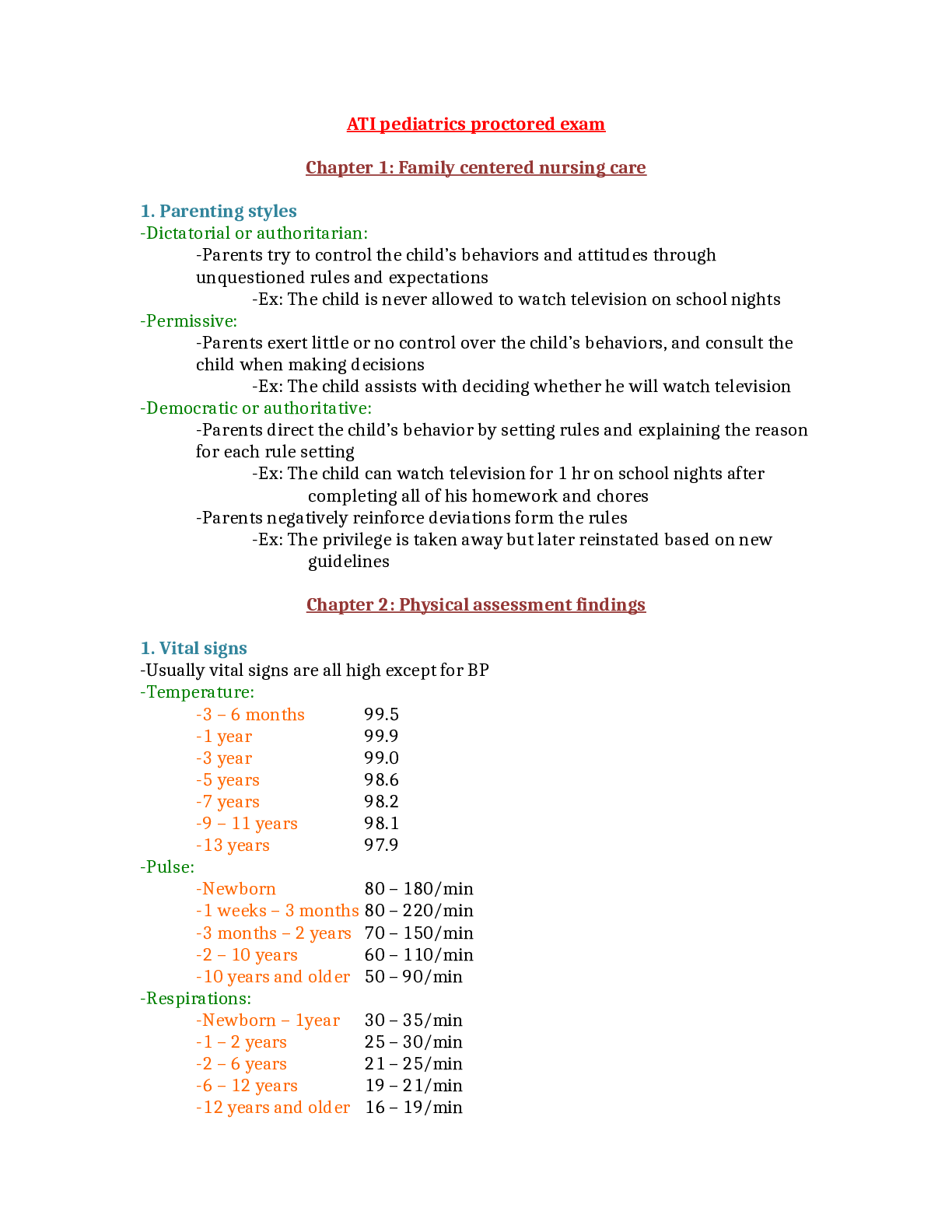
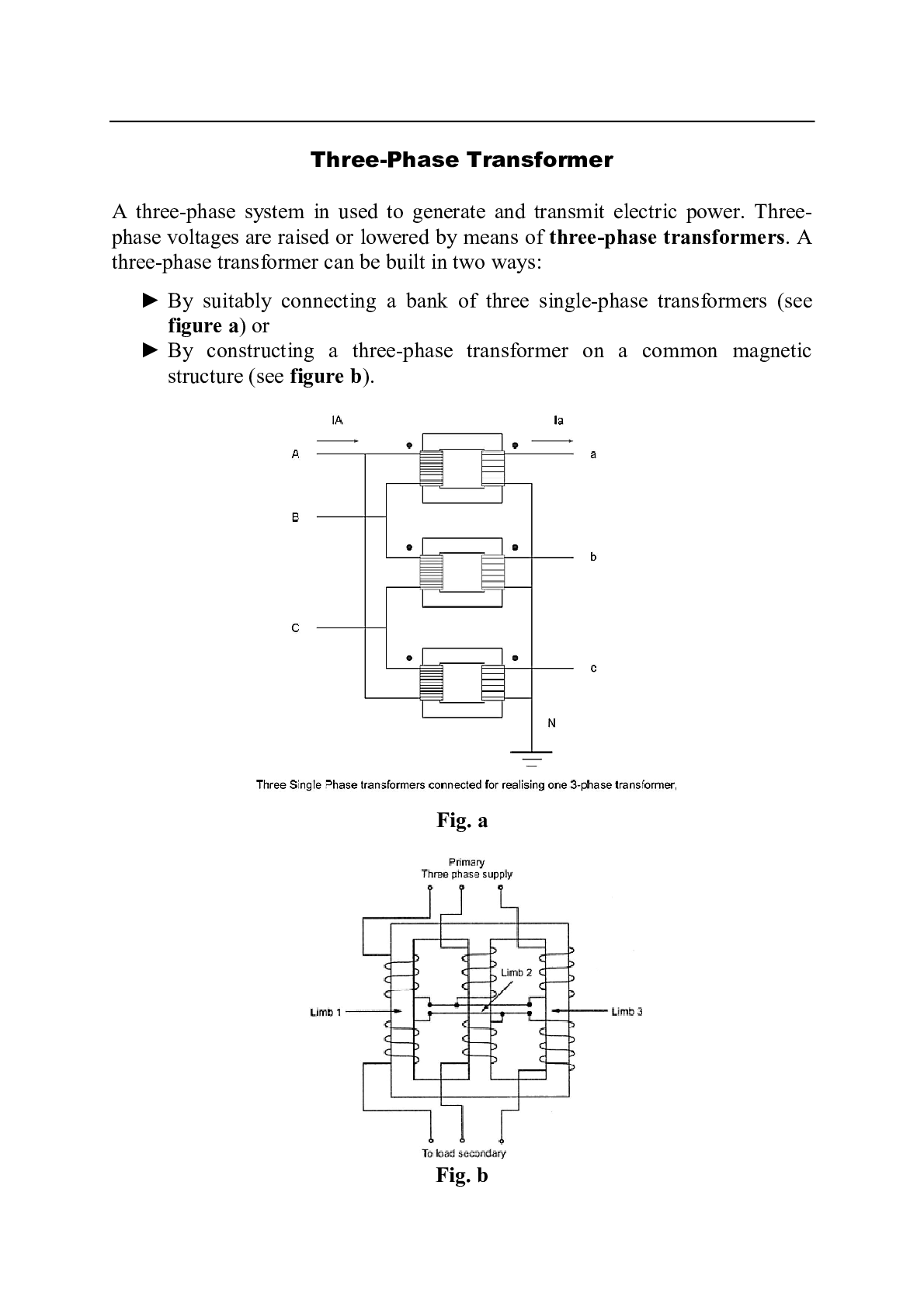
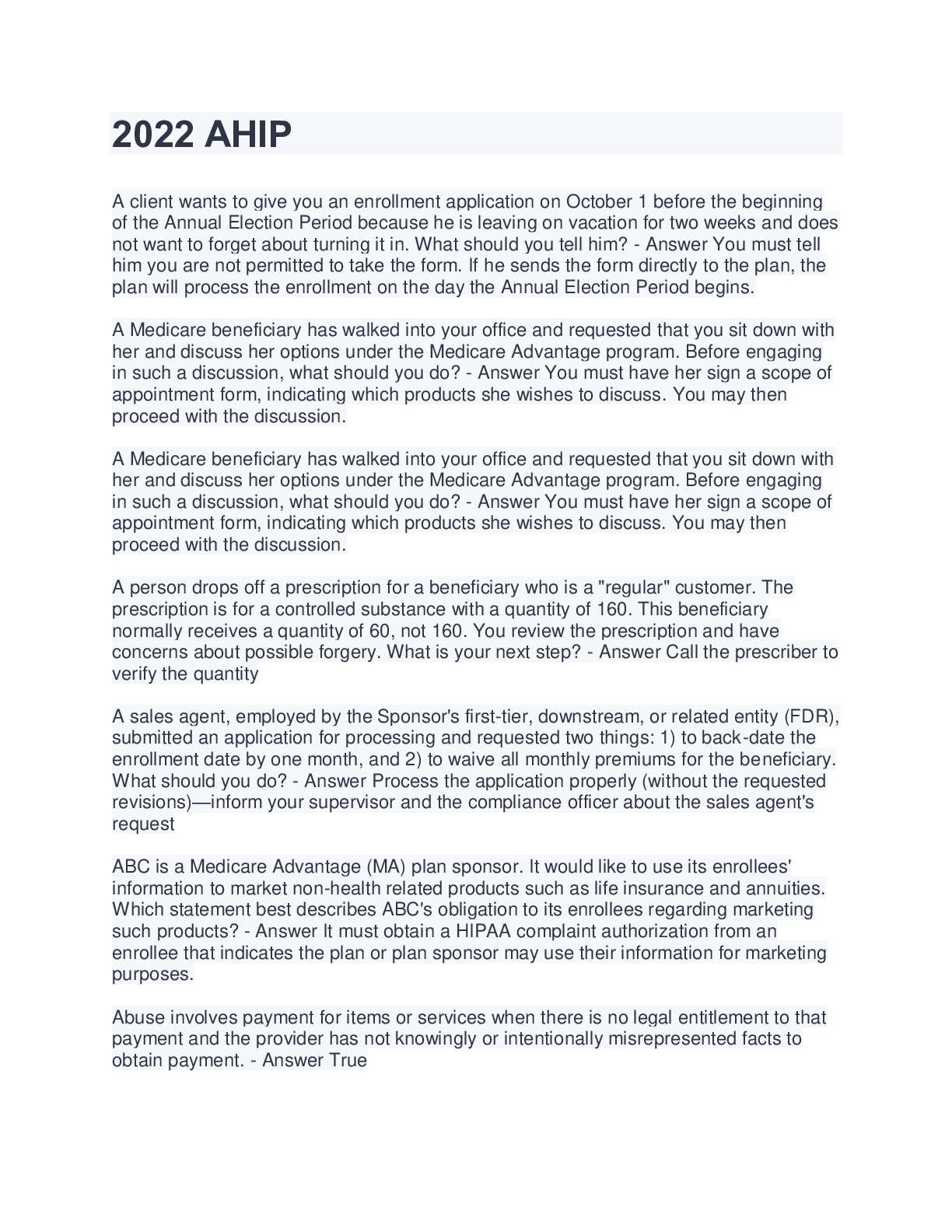
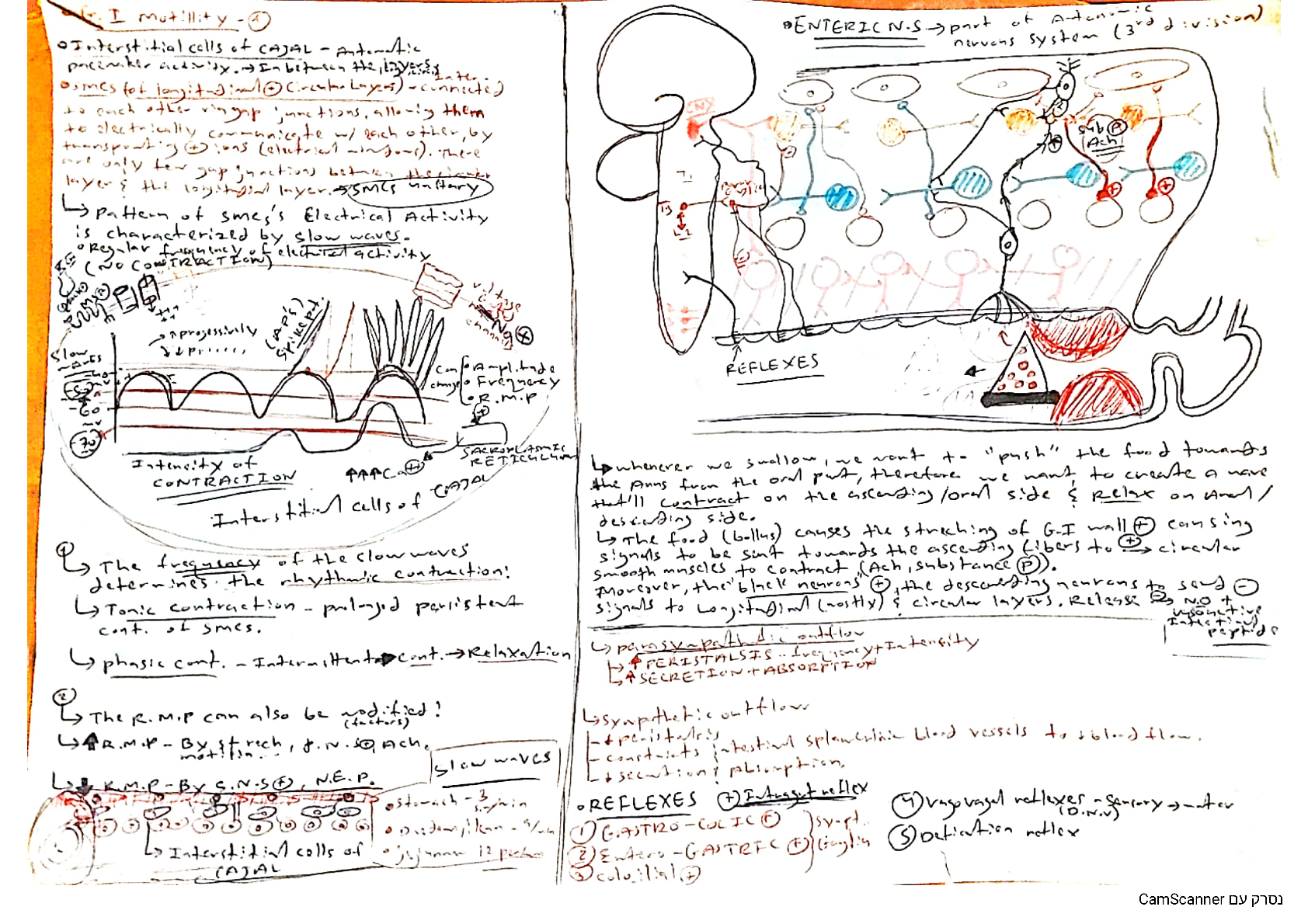
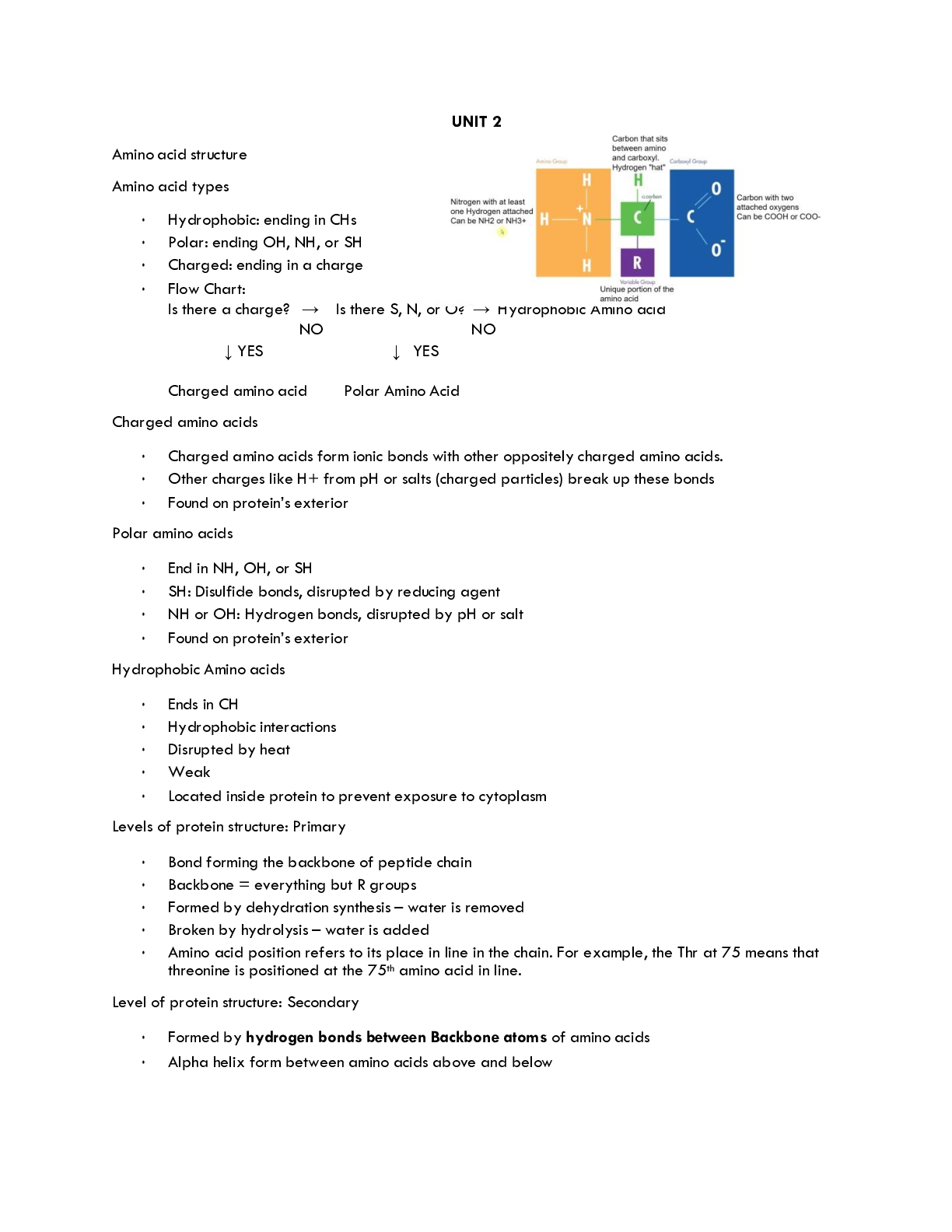
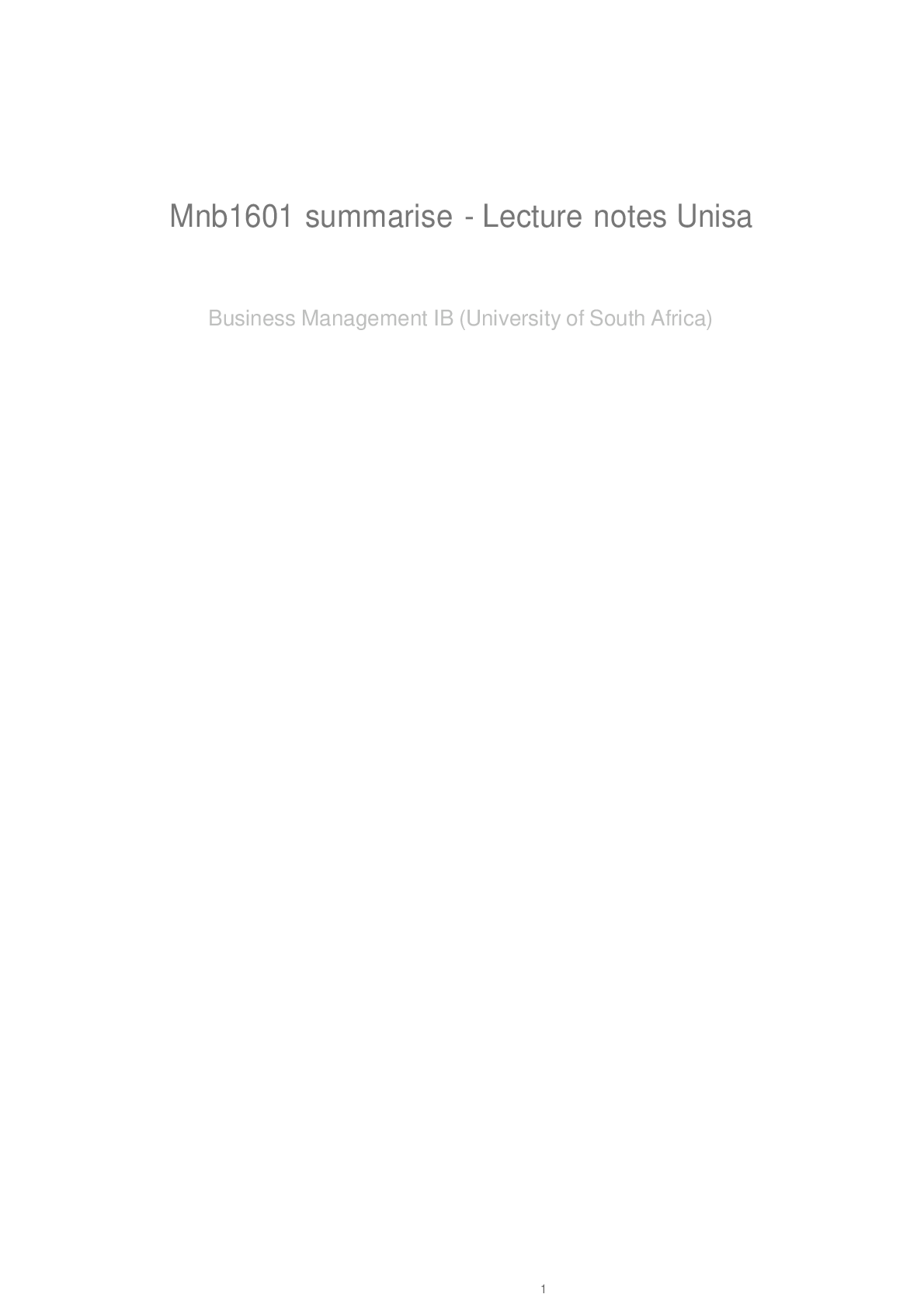
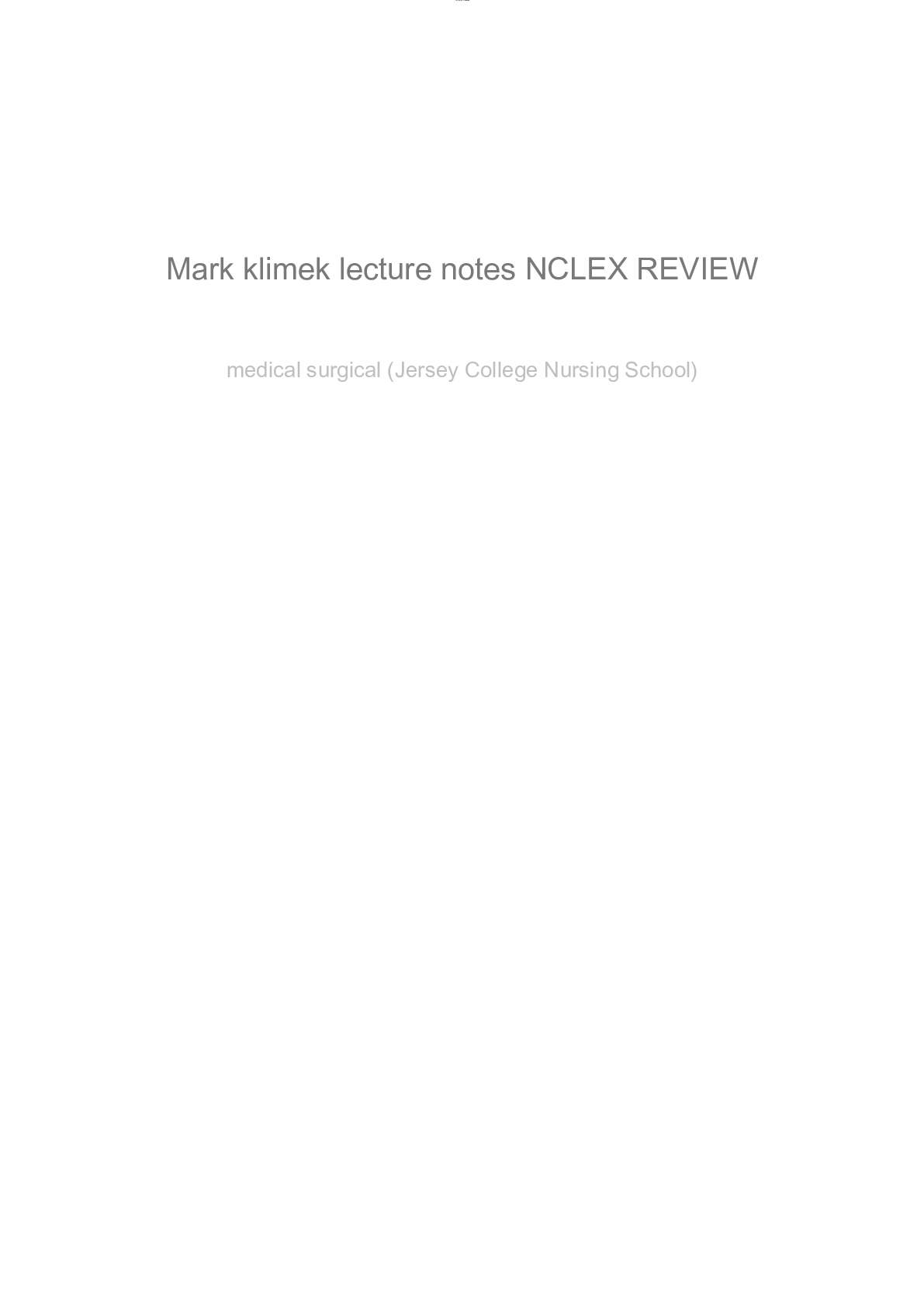
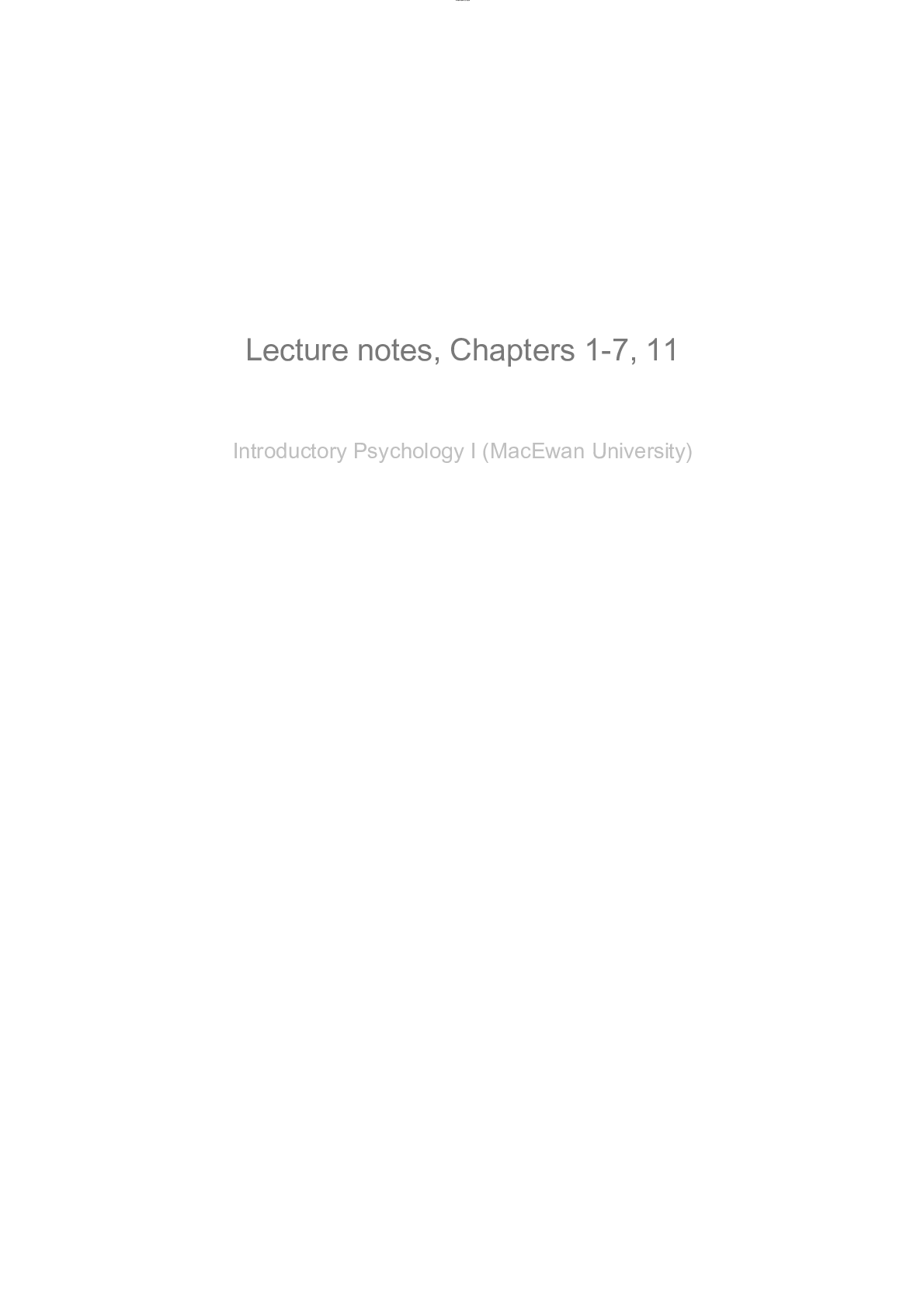

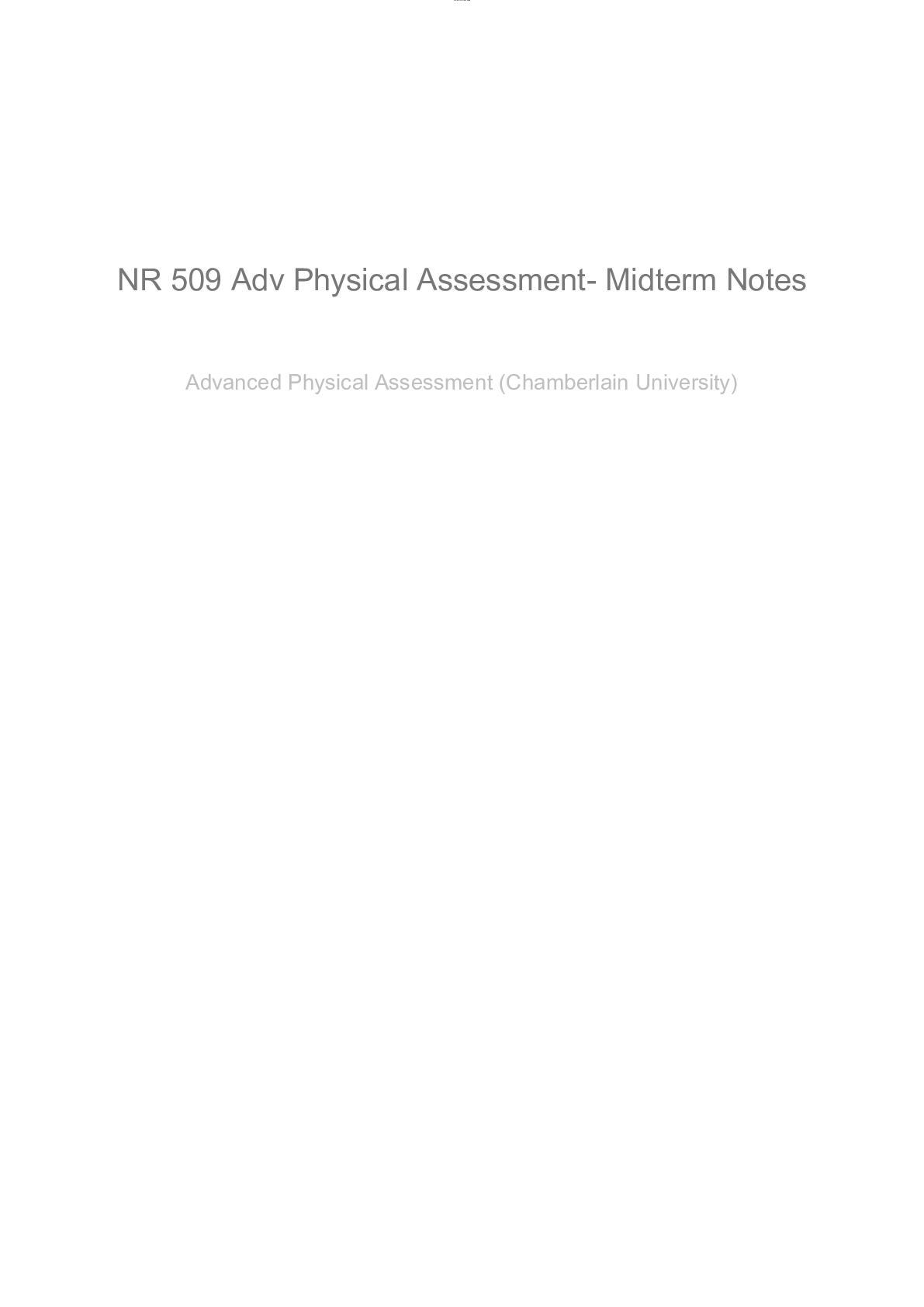
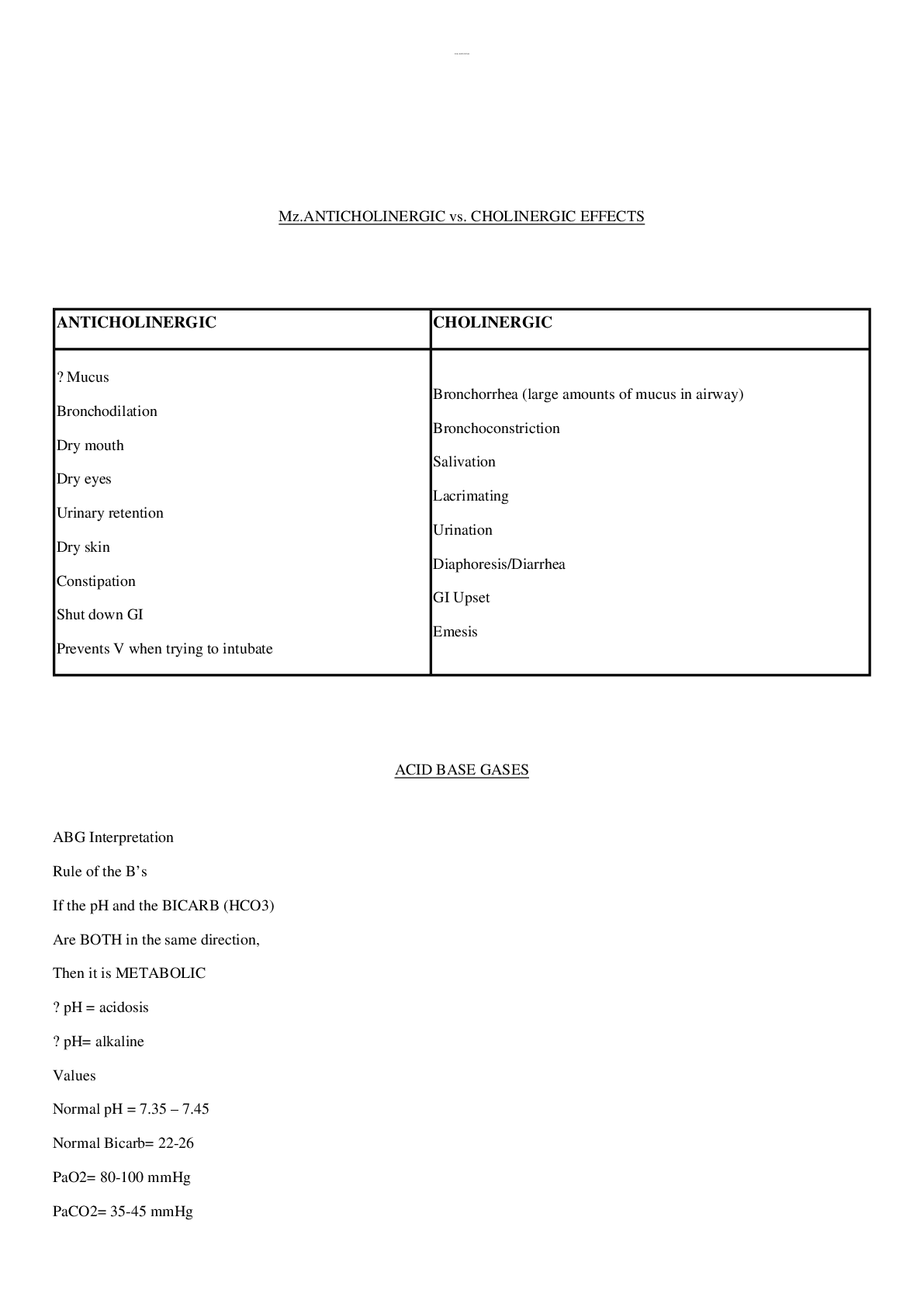
.png)

